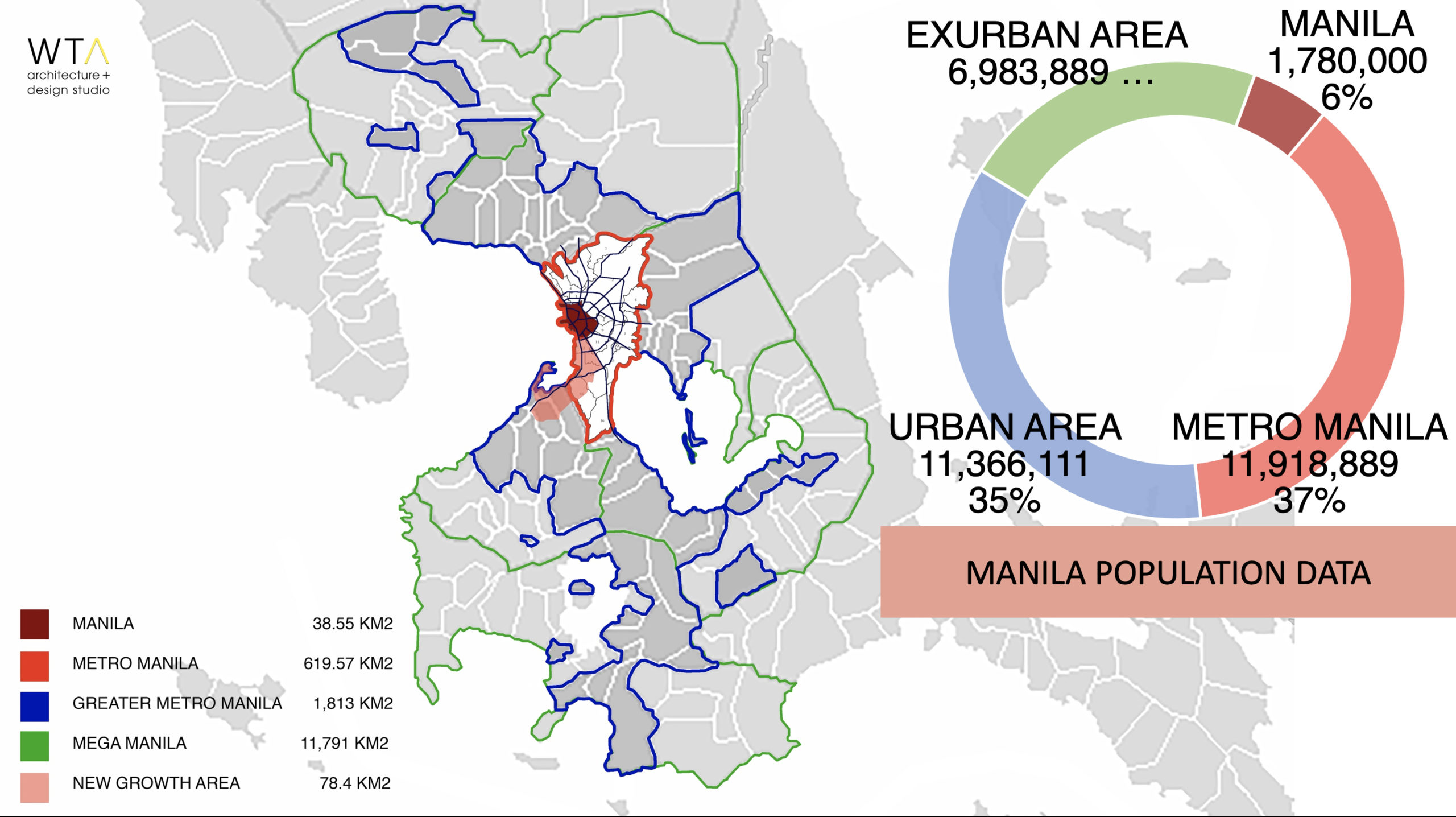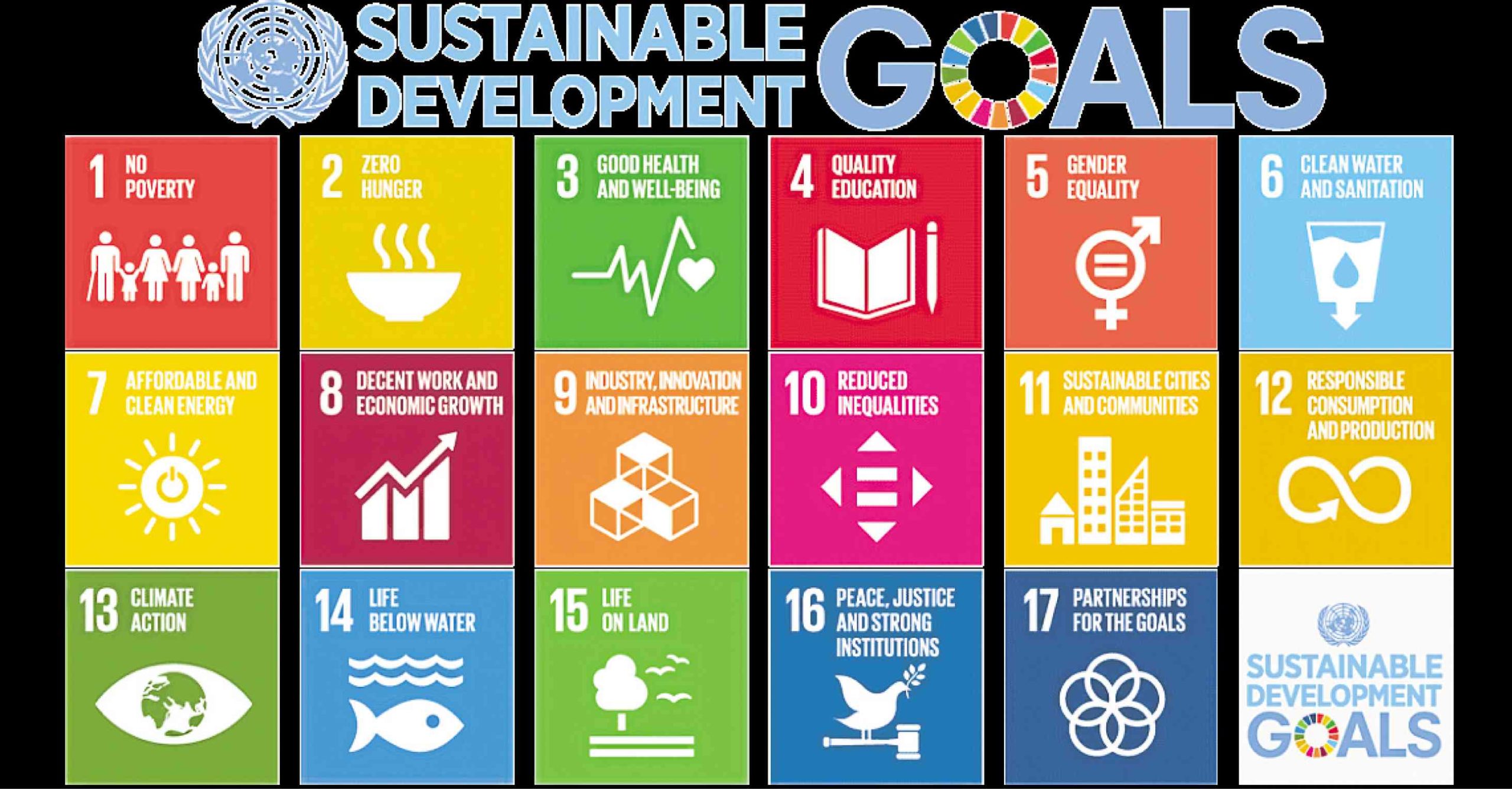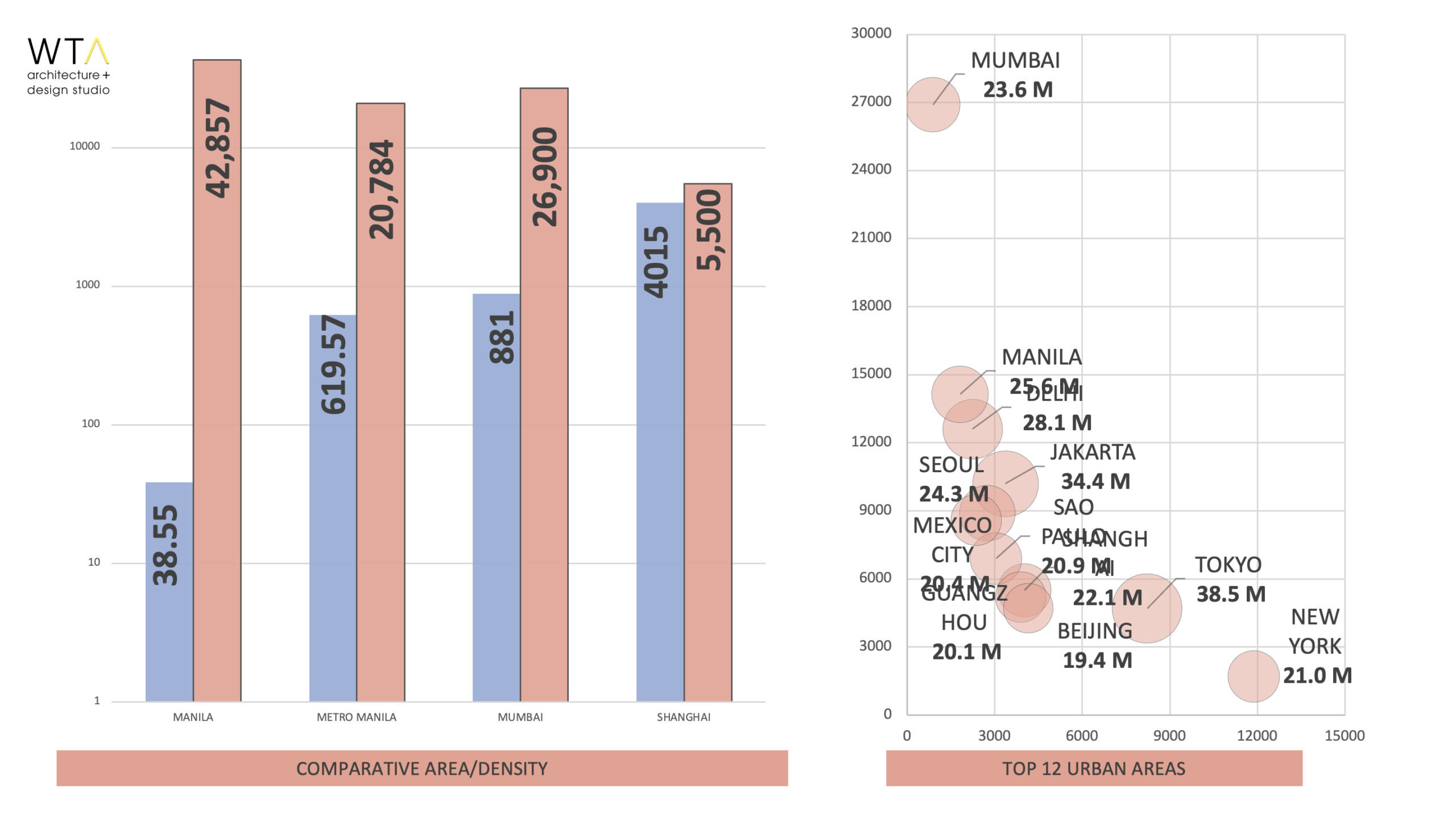
Sometimes it gets awfully confusing trying to figure out how to describe or define Manila.
As we get well into the third decade of this millennium however, it is becoming evident that we are entering an age of megacities or urban regions.
While the cities of our world have defined the story of humanity over the last century, the megacities or urban regions of today will begin to dominate the story of our future.
Megacity
We can no longer see Manila or even Metro Manila as the borders of our city. Defining or limiting policies and programs to its various component cities is futile. The second week of this current lockdown with its “NCR plus” designation shows just how far our megacity extends to. Mega Manila is one entity and one region that extends from Pampanga in the north to Batangas in the south.
In this megacity, we will find 25 million urban residents with another 7 million ex-urban residents living in rapidly urbanizing areas. This city of 32 million people would rank as the 45th most populous country in the world or 10th in Europe. Mega Manila is the second densest and second largest urban region in the world and will remain so for the foreseeable future.
The development and governance of such an entity require planning and organizations way beyond the capacity of its individual cities. The lack of a coherent regional political framework means that major policies for the region need to be enacted or developed by the national government. Failure to do so creates imbalance and inefficiency, if not outright confusion and mismanagement.
As we begin to develop and reimagine our cities to face a “new normal,” the importance and value of good planning principles remain the same but become much more pronounced. We have begun to notice the inadequacies of our urban environment and will need to address this or risk creating unlivable conditions and extending the problems of Metro Manila to the greater region.

A human environment
We need to address megacities beyond a planning perspective. The size and scope of the region goes beyond the rigid planning and policymaking tools based upon codified engineering and legal models. We must address it not as an artificial construct but as an organic and biological ecosystem that requires careful balancing and healthy growth.
We need to look beyond command and control management, and adopt more strategic stakeholder-driven management of our human environment. The complexities of our urban ecosystems are often beyond the scope of linear problem, in which problems are solved through controlling devices such as laws, threats or contracts. We need to emphasize stakeholder inputs through the communities and adopt flexible protocols that incorporate constant evaluation and review of any interventions.
Our human environment revolves around the relationship between the people and its nonbiological components. Data and numbers do not paint adequate pictures of living biomes. This is not painting by numbers nor is it an equation you can model and govern. We must focus on the interconnected web of relationships and interacting layers of information that define our city.
As we try to explore and redefine how we approach the development of our city, a few key factors and issues remain paramount. We look forward to exploring these ideas together in the articles to come. Understanding must come before action, and understanding requires a diversity of viewpoints. How can we better understand and manage our human environment? We learn through observation and dialogue, through inclusion instead of partisanship, through balance instead of direction.
I learned a pretty interesting quote this week. “Optimism is a duty. The future is open. It is not predetermined. No one can predict it, except by chance. We all contribute to determining it by what we do. We are all equally responsible for its success.”—Karl Popper

Article and Photo originally posted by Inquirer last April 11, 2021 2:03am and written by Ar. William Ti jr.








More Stories
Vista Land Celebrates 50 Years with Sandiwa: An Event Honoring Leadership, Legacy, and the Filipino Dream of Homeownership
Vista Land Celebrates Love Month in Ilocos Region
Vista Land Bridges Cebuano Heritage and Progress with Valencia by Vista Estates